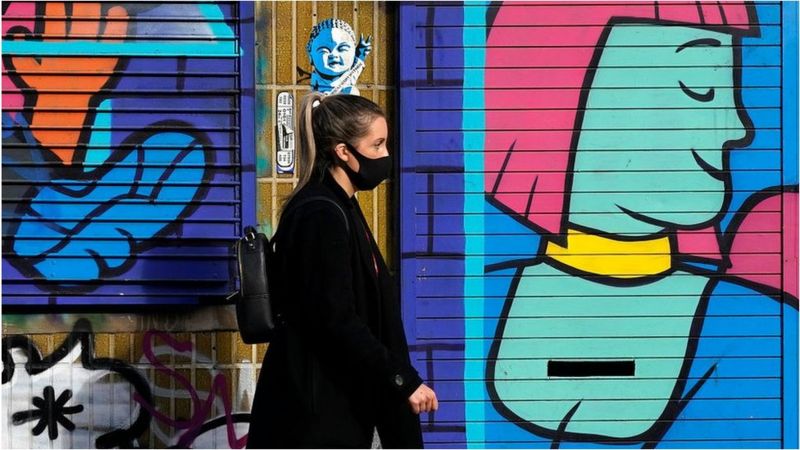Covid: Protective Antibodies 'Fall Rapidly After Infection,' UK Research [View all]

- 'Covid: Antibodies 'Fall Rapidly After Infection,'- BBC News, Oct. 26, 2020. - Ed:
Levels of protective antibodies in people wane "quite rapidly" after coronavirus infection, say researchers.
Antibodies are a key part of our immune defences and stop the virus from getting inside the body's cells.
The Imperial College London team found the number of people testing positive for antibodies has fallen by 26% between June and September.
They say immunity appears to be fading and there is a risk of catching the virus multiple times.
More than 350,000 people in England have taken an antibody test as part of the REACT-2 study so far.
In the first round of testing, at the end of June and the beginning of July, about 60 in 1,000 people had detectable antibodies.
But in the latest set of tests, in September, only 44 per 1,000 people were positive.
It suggests the number of people with antibodies fell by more than a quarter between summer and autumn.
"Immunity is waning quite rapidly, we're only three months after our first [round of tests] and we're already showing a 26% decline in antibodies," said Prof Helen Ward, one of the researchers.
> The fall was greater in those over 65, compared with younger age groups, and in those without symptoms compared with those with full-blown Covid-19.
> The number of healthcare workers with antibodies remained relatively high, which the researchers suggest may be due to regular exposure to the virus.
..There are 4 other human coronaviruses, which we catch multiple times in our lives. They cause common cold symptoms and we can be reinfected every 6 to 12 months.
There have been very few confirmed cases of people getting Covid twice. However, the researchers warn this may be due to immunity only just starting to fade since the peak infection rates of March and April.
The hope is the second infection will be milder than the first, even if immunity does decline, as the body should have an "immune memory" of the first encounter and know how to fight back.
The researchers say their findings do not scupper hopes of a vaccine, which may prove more effective than a real infection...
More,
https://www.bbc.com/news/health-54696873
